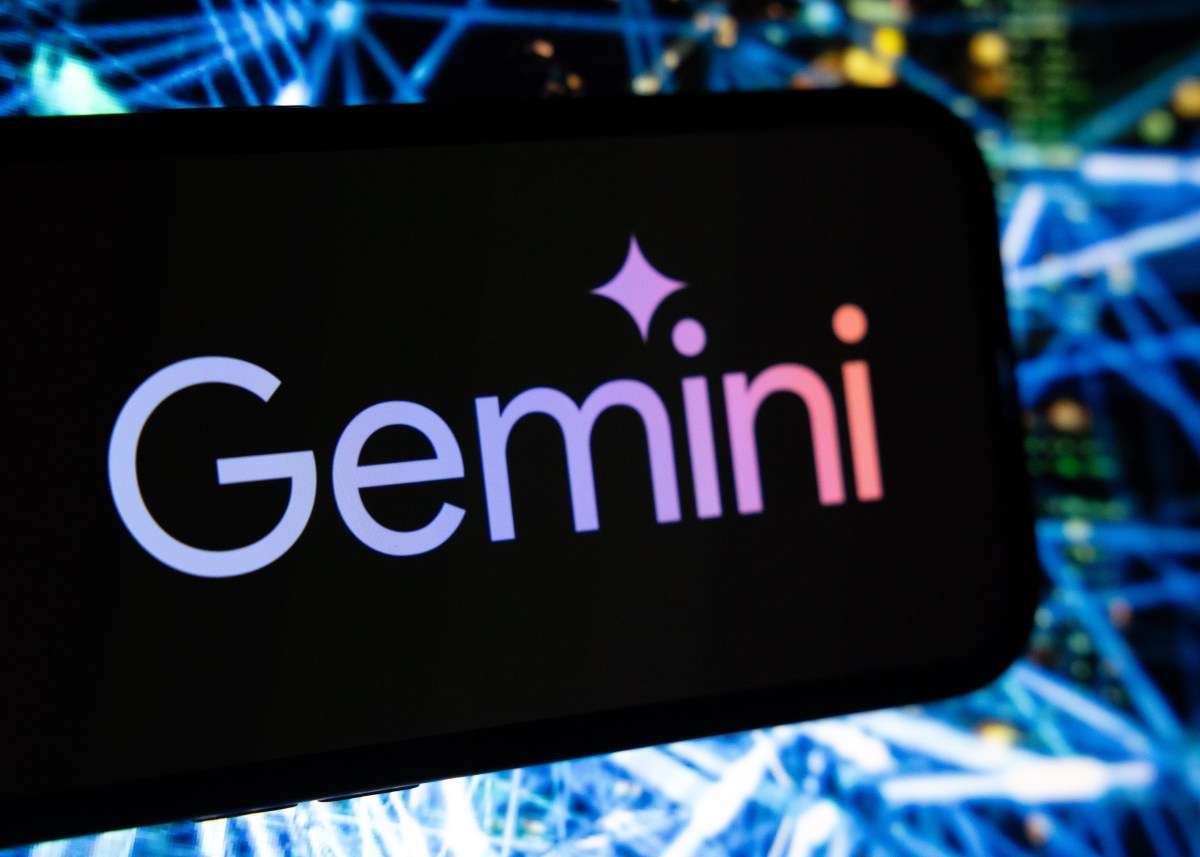Google Unveils Implicit Caching: Revolutionizing Access to AI Models at Lower Costs!
Google is enhancing its Gemini API with an innovative feature designed to reduce costs for third-party developers. This new capability, known as implicit caching, promises to deliver significant savings on repetitive context passed to AI models, making it a game-changer for developers leveraging Google’s Gemini 2.5 Pro and 2.5 Flash models.
Understanding Google’s Implicit Caching Feature
The implicit caching feature, recently rolled out, can provide up to 75% cost savings on repetitive queries, a welcome relief as the expenses associated with using advanced AI models continue to rise. This automatic caching system requires minimal effort from developers, as it is enabled by default for the Gemini 2.5 models.
Benefits of Implicit Caching
- Automatic Savings: Unlike previous explicit caching methods, implicit caching does not require developers to manually define prompts, allowing for effortless cost reductions.
- Lower Minimum Token Requirements: The minimum token count to trigger implicit caching is set at 1,024 for the 2.5 Flash model and 2,048 for the 2.5 Pro model.
- Efficient Data Utilization: This feature leverages frequently accessed data to minimize computing needs and associated costs.
How Implicit Caching Works
According to Google, when a request is made to one of the Gemini 2.5 models, it is eligible for caching if it shares a common prefix with previous requests. This means that if a request matches previously cached data, the system will automatically apply cost savings to the developer’s account.
Recommendations for Developers
To maximize the benefits of implicit caching, Google advises developers to:
- Place repetitive context at the beginning of requests to enhance cache hit chances.
- Append context that may vary from request to request at the end of the query.
Tokens, the foundational units of data for AI models, equate to approximately 750 words per 1,000 tokens. This means that the threshold for activating implicit caching is relatively low, making it accessible for many developers.
Considerations for Early Adopters
Despite the promising advantages of implicit caching, developers should approach this feature with caution. Google has yet to provide third-party verification for the claimed savings, and past experiences with explicit caching have raised concerns among users regarding unexpected costs. It will be crucial to monitor feedback from early adopters to assess the effectiveness of this new feature.
For more information on Google’s AI updates, visit their official Gemini API documentation.
As developers continue to explore the capabilities of the Gemini API, the introduction of implicit caching may pave the way for more efficient and cost-effective AI solutions. Stay tuned for further developments in this area!







